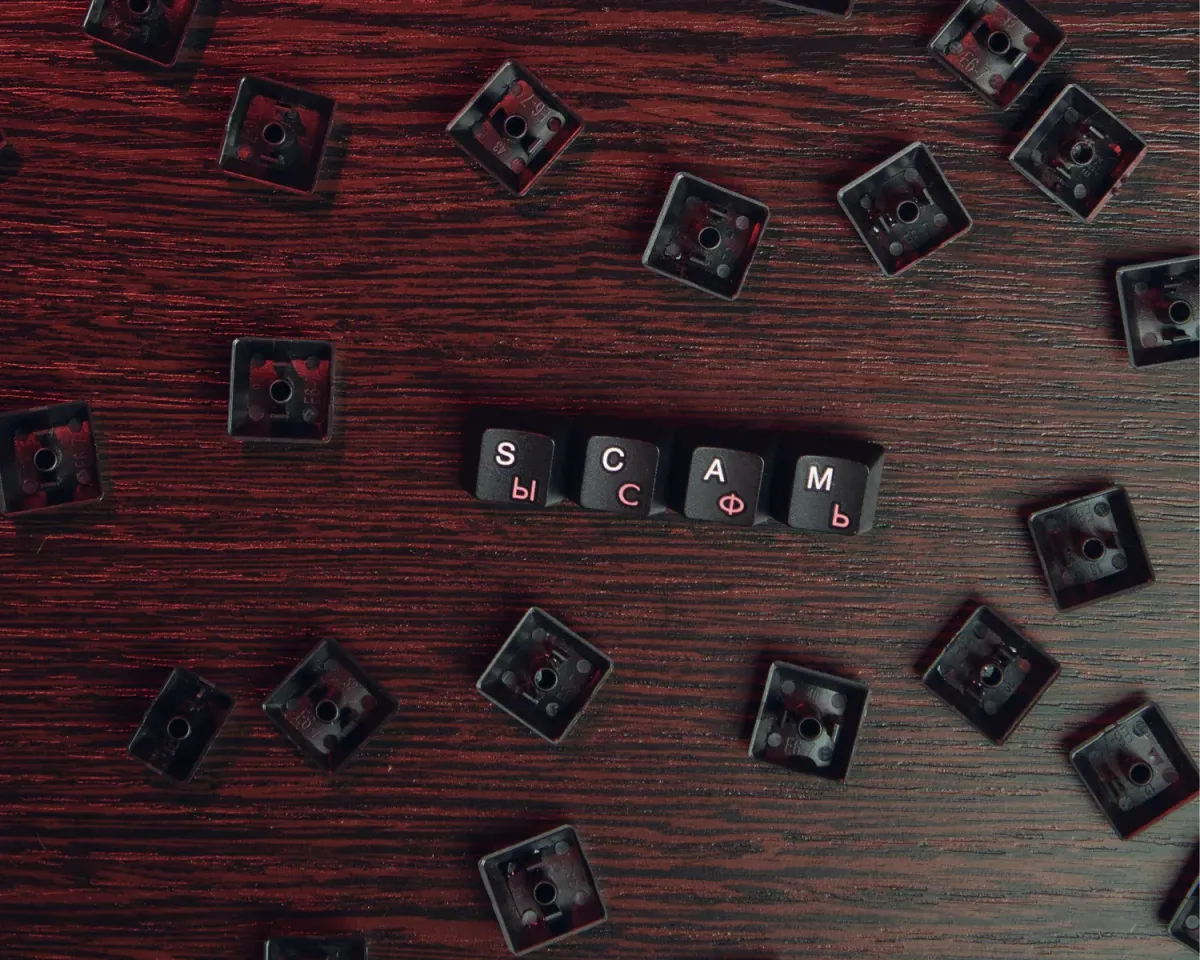
Top 6 Scams to Avoid
TOP 6 Scams are all the same scam...to charge you more!
The problem is that 9 out of the top 10 companies that I know of post similar articles, yet all of them push you, the customer, to buy overpriced assets. Our goal for you is always to provide the most amount of metals for the best price.
A survey of 1,500 people by PR Newswire in 2020 found that only around 10% of Americans own gold or silver bullion. Many of these individuals inherited their bullion from a family member, which means that most Americans have never bought any physical gold or silver bullion in their lives. Unfortunately, this lack of experience makes them vulnerable to predatory gold dealers and shady late-night infomercials that use classic scams to take advantage of uneducated first-time buyers.
To help first-time precious metals buyers avoid getting ripped off or misled, we at Callahan Assets have outlined a list of classic scams that people should be aware of. The SOLUTION to each of these is to stick to bullion and bars, ideally.
Bait and Switch Scam: This is the oldest gold scam in the book, and predatory gold companies have been using it for decades. It occurs when a first-time gold buyer calls to invest in gold for the first time. The broker often switches them from investing in bullion to investing in numismatics, which is a terrible decision for most investors since the commissions on numismatic coins are many multiples of the standard commission on bullion. Furthermore, most numismatic coins are not very liquid and may take months or years to sell. Most investors want to avoid numismatic coins and stick with bullion only!
Old Coin Numismatic Scam: This scam involves selling older gold bullion coins to investors as numismatics. Unethical companies take advantage of inexperienced investors by convincing them that these coins are rare because they are old. However, age does not constitute rarity. Just because something is hundreds of years old, that does not mean that it is rare. Rarity is determined by scarcity and condition. Reputable dealers sell these products as bullion and not numismatics.
Proof Gold Scam: Most first-time coin investors don't even know what a proof coin is and can easily fall victim to this scam when they see how beautiful proof coins are. A proof coin is simply a coin that has a shiny finish, and often they are very beautiful. However, many proof sets sold by third-rate coin dealers contain little to no precious metal content at all! Predatory coin companies often push proof coins onto their customers at unjustifiably crazy high premiums that do not reflect the coin's actual value and only serve to line the pockets of the brokers that sell them.
Confiscation Scam: The confiscation gold scam relies on using fear to fraudulently sell investors numismatic or semi-numismatic gold coins instead of the bullion they want. Unethical brokers employ this scam by selling the idea that the U.S. government could confiscate your gold in the future, like they did in the past when President Roosevelt confiscated Americans' gold in 1934. Although it is impossible to know the future, we can be pretty certain that the same gold confiscation that occurred in 1934 will probably not happen today. Reputable dealers will not use fear tactics to sell precious metals to their clients.
Commemorative Coin Scam: This scam involves brokers selling clients commemorative coin sets as bullion investments. Unethical gold companies advertise these commemorative coin sets as being superior to traditional bullion coins, claiming that they have semi-numismatic qualities since their production is often limited. Most traditional rare coin investors are not interested in newly minted commemorative sets, but rather older graded coins that are truly rare.
Combinations of unusual weights: In this scheme, deceitful dealers intentionally employ deceptive tactics, presenting potential buyers with seemingly random and unconventional weights like 1.4 and 1.6 ounces when selecting precious metals. This deliberate confusion is designed to exploit the buyer's lack of familiarity with standard weights and measurements, allowing the scammer to profit by providing less valuable metal while charging for the full weight. A metals portfolio should always be easy to understand. How much do your metals weigh and what are you spending per ounce? Simple.
It is important to do your due diligence when buying precious metals, especially if you are a first-time investor. By being aware of these common scams, you can avoid getting ripped off and make a smart investment in your financial portfolio. Remember, Warren Buffet isn't buying specialty coins, Goldman Sachs isn't buying "premium bullion," and JP Morgan Chase isn't buying commemorative sets. Precious metals portfolios should look simple and be easily evaluated for their value.
